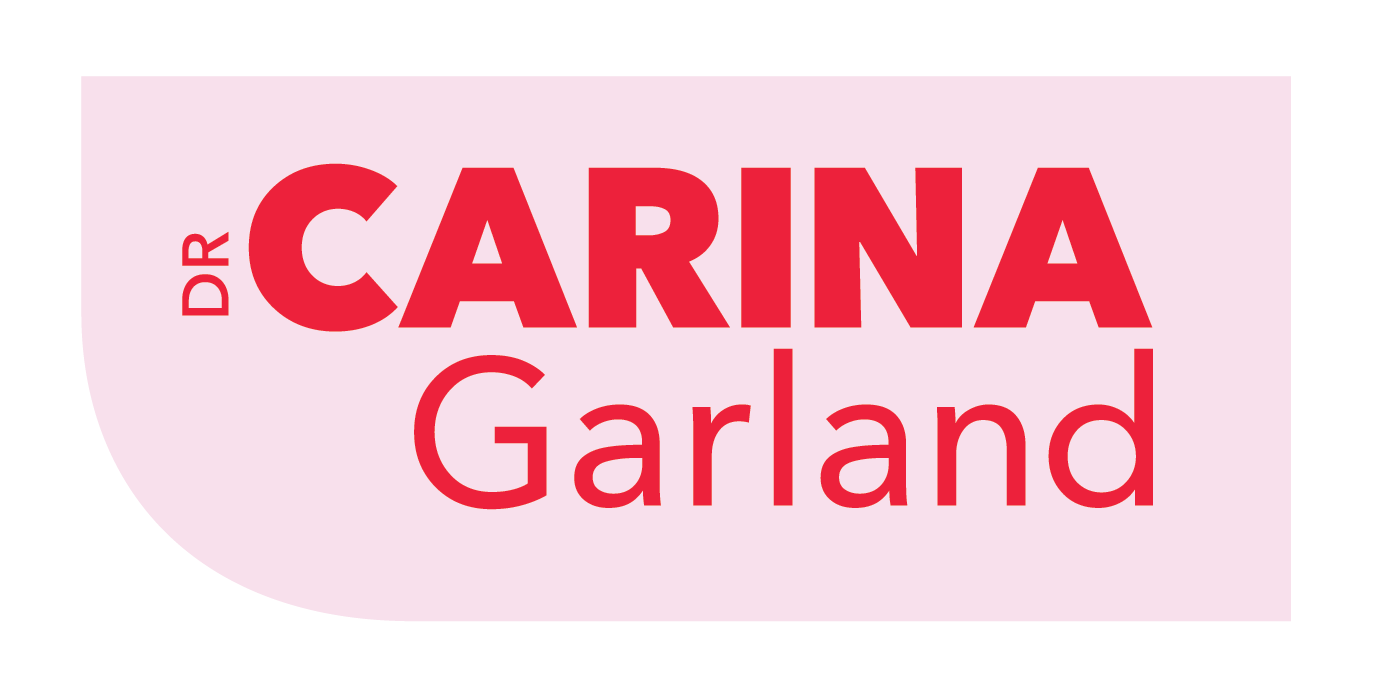Next Monday, 18 September, is United Nations International Equal Pay Day, a day that represents our longstanding efforts globally towards the achievements of equal pay for work of equal value. It further builds on the global commitment to human rights and against all forms of discrimination, including discrimination against women and girls.
We know that across all regions of the world it is an unfortunate reality that women are paid less than men. For every dollar, on average, earned by men, women earned 87c. That's $252.30 less than men each week. In the course of one year, this equates to more than $13,100, which is just staggering.
According to the Australian Workplace Gender Equality Agency, the gender pay gap costs of the Australian economy an astonishing $51.8 billion every year. As the Workplace Gender Equality Agency states, 'The dollars and cents represent the value placed on women's skills, labour and time.' Whilst this reality can at face value appear disheartening, of course, data from the ABS shows that the national gender pay gap has in fact dropped from 13.3 per cent in November 2022 to 13 per cent in May this year, the lowest level on record. So we are making progress. And Australia's world gender equality ranking has jumped up 17 places, from 43rd to 26th, the largest increase since the index began in 2006.
It is no surprise that the Albanese Labor government is getting more Australian women into full-time work than ever before and is playing a really significant role in closing the gender pay gap. Our government's gender equality agenda in jobs and wages is helping thousands more women into work and to earn their full potential. Some quick facts to point out are that, under our government, there are more women in a jobs than before. Women's total employment is up over 180,000 jobs since May last year, when we were first elected. More women are entering the labour force—160,000 more women have joined the labour force since last year in May—and these women are more likely to be upgrading part-time jobs to full-time jobs.
As the Minister for Employment and Workplace Relations has previously stated, 'Australian women can see that this is a government pulling every lever it can to close the gender pay gap and improve workplaces for women.' These changes have included amending the law to put gender pay equity at the heart of the Fair Work Commission's decision-making process. As a government we've twice advocated increases to the minimum wage in the government's annual wage review submission. It's really important to note here that many of those workers who are earning the minimum wage are women and that feminised industries tend to earn less, for really valuable work, than male dominated industries. We have backed and funded a significant pay rise for aged-care workers. We have reformed the bargaining system to allow workers in industries like early childhood education a better chance of negotiating workplace agreements and better wages. We have helped to strengthen people's rights to workplace flexibility. We've introduced paid family and domestic violence leave, and, really significantly, this is a form of leave that all workers, including casual workers, are able to access.
The highest number of women in recorded history are in full-time work in this country right now. Female full-time employment currently stands at more than 3,826,900. Women are leading the surge in full-time jobs. Women have accounted for around two-thirds of the growth in full-time jobs since May last year, and this comes off the back of recent Treasury analysis showing that our Labor government has had the strongest start for jobs growth of any new Australian government in history. The Minister for Women has stated:
This is a Government that puts women at the heart of our decision making, which is why in our first year in office we've delivered the biggest investment in women in the last forty years.
And we are the first government in Australia's history whose numbers consist of more than 50 per cent women.
Supporting women to work in decent jobs is the key to women's economic equality, and women's equality isn't just nice to have; it's an economic and social imperative. In marking on Monday UN International Equal Pay Day, it's really important to mark the progress our government has made.


